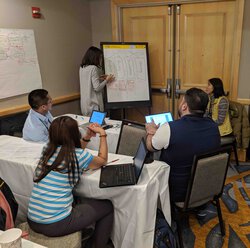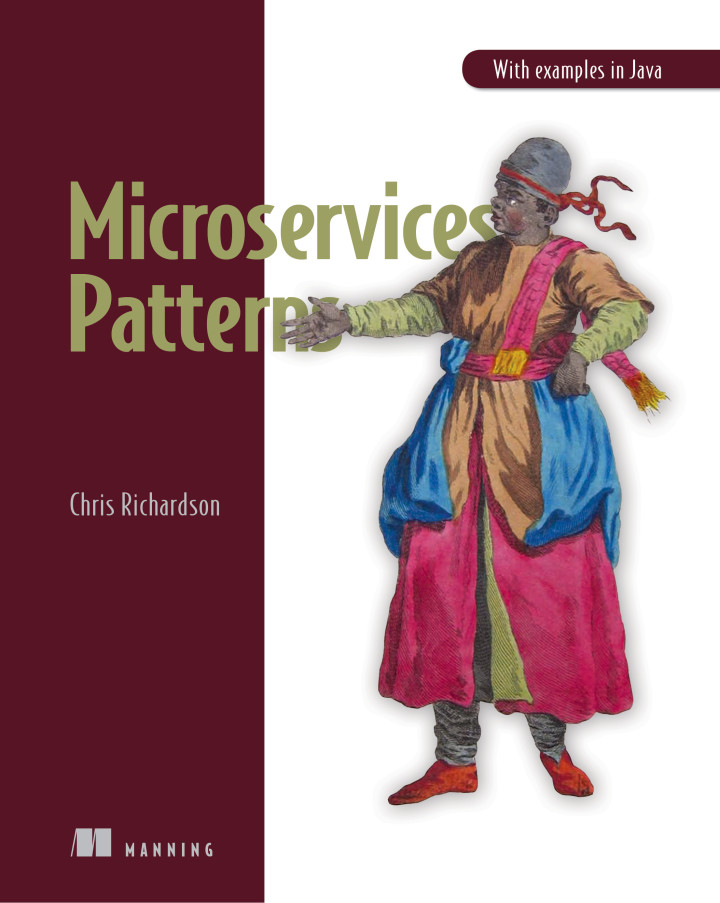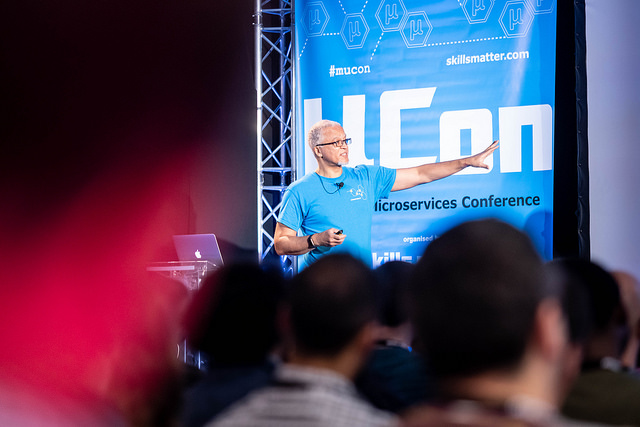Books you should read - Why we sleep
books healthContact me for information about consulting and training at your company.
The MEAP for Microservices Patterns 2nd edition is now available
To summarize: If you don’t get enough sleep you are destroying your mind and body.
I’ve been meaning to write about my recommended reading list for a while. Unexpectedly, the first book on my list is not a book about software development. Instead, it’s Why we sleep: Unlocking the Power of Sleep and Dreams by Mathew Walker, who is a professor of neuroscience and psychology at UC Berkeley, the Director of its Sleep and Neuroimaging Lab, and a former professor of psychiatry at Harvard University. I bought the book after reading an interview with the author in the Financial Times and couldn’t put it down.
In addition to the fascinating scientific explanation of sleeping and dreaming, there are numerous horrifying experimental findings including
-
Cognitive impairment (p. 136): “Ten days of six hours of sleep a night was all it took to become as impaired in performance as going without sleep for twenty-four hours straight.”
-
Athletic impairment (p. 129): “Obtain anything less than eight hours of sleep a night, and especially less than six hours a night, and the following happens: time to physical exhaustion drops by 10 to 30 percent, and aerobic output is significantly reduced.”
-
Reduced effectiveness of vaccinations (p. 183): “In contrast, those in the sleep-restricted group mustered a paltry response, producing less than 50 percent of the immune reaction their well-slept counterparts were able to mobilize.”
-
Alcohol inhibits REM sleep, which is vital for memory and creativity (p. 272): “Second, alcohol is one of the most powerful suppressors of REM sleep that we know of.”
-
Sleep deprived employees are bad for business (p. 300): “Under-slept employees are not, therefore, going to drive your business forward with productive innovation.”
-
Less sleep leads to poor health (p. 165): “Over a fourteen-year period, those sleeping six hours or less were 400 to 500 percent more likely to suffer one or more cardiac arrests than those sleeping more than six hours.””
This is just a small sample of the science that shows that sleep is the foundation of a long, healthy and creative life. Ironically, I’m writing this while jet lagged in Seoul, South Korea.
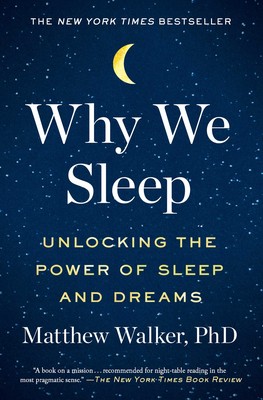
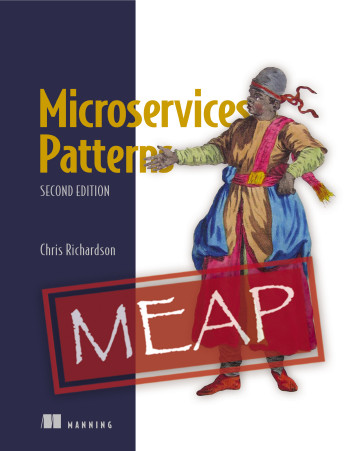

 Premium content now available for paid subscribers at
Premium content now available for paid subscribers at 